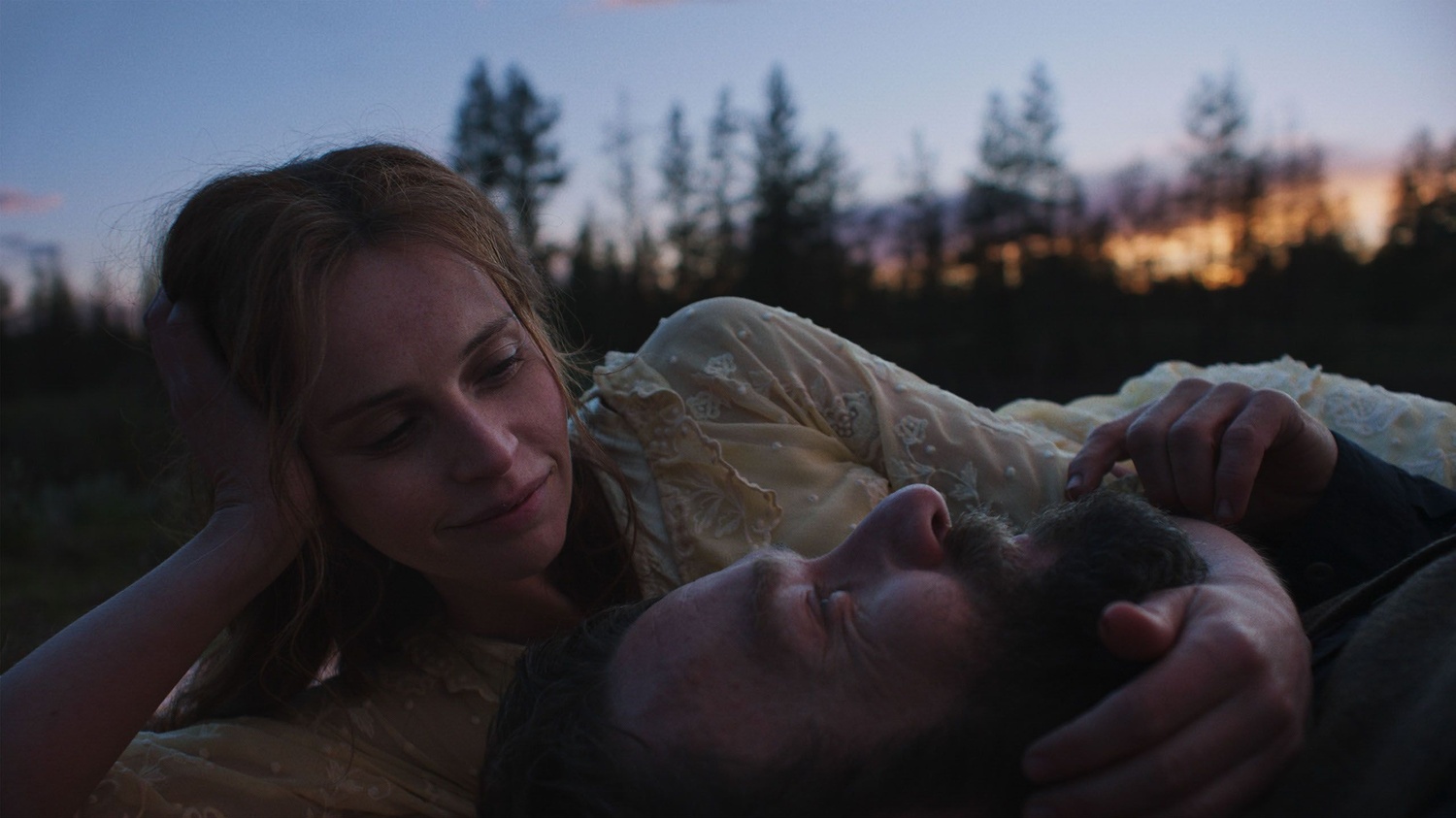
News
When Professors Speak Out, Some Students Stay Quiet. Can Harvard Keep Everyone Talking?

News
Allston Residents, Elected Officials Ask for More Benefits from Harvard’s 10-Year Plan

News
Nobel Laureate Claudia Goldin Warns of Federal Data Misuse at IOP Forum

News
Woman Rescued from Freezing Charles River, Transported to Hospital with Serious Injuries

News
Harvard Researchers Develop New Technology to Map Neural Connections
From Sundance: ‘Train Dreams’ Explores Melancholia and Memories in a Decades-Long Period Piece
Dir. Clint Bentley — 4 Stars

As much as it tries to fool you, “Train Dreams” is no ordinary story, and its protagonist Robert Grainier (Joel Edgerton) is no ordinary protagonist. If “Train Dreams” is solely aiming to explore the profundity of simplicity, then it utterly fails. Indeed, the film — adapted from Denis Johnson’s 2011 novella of the same name — simply explores the profundity of profundity, following the long, eventful, and very much unordinary life of Robert and the cast of characters he meets along the way.
Born in the late 19th century, Robert is a logger by trade, and he spends most of his early life wandering through the Washington wilderness. It isn’t until he meets Gladys (Felicity Jones) — or, more accurately, Gladys imposes herself on Robert’s shy, stoic character at a funeral — that he finds purpose through love and family. Marrying Gladys, Robert doesn’t quit logging, but his motivations change from purely passing the time and earning a decent living to taking care of the people closest to him — including his baby daughter Kate (Olive Steverding).
Robert’s relationship with his family is complicated; he doesn’t see them as much as he’d like to, his daughter grows up at a frustrating rate, and he refuses to move to California where they might all lead a more nourishing life — but his devotion to his family through all of these challenges remains strong and unabashed. A man of few words, Robert says more with his face than his mouth, and Edgerton pulls off this tightrope act with ease. When Robert does speak, his dialogue could be interpreted as merely literal; however, with a little scraping, it becomes clear that he’s a deeply pensive man and his words hold a hefty weight.
This is a trick that “Train Dreams” likes to pull — introducing seemingly straightforward characters only to reveal a fascinating, complex world that lives inside of them — and Arn Peeples (William H. Macy) is exhibit A. In “Train Dreams,” Macy, best known as the whiny, chaos-orchestrating lead of “Fargo,” completely disappears into his role as an old logger with a penchant for faulty pyrotechnics and touching words of wisdom. He doesn’t ignore the reality of reality — of his old age, of the changing times, of the environmental havoc and fatal outcomes caused by his line of work. Outside of Robert’s home life, Arn is his rock, a shoulder to lean on when the going gets tough.
“Train Dreams” pays reverence to its every character and every moment. Lovingly narrated by Will Patton — who also narrated the novella’s audiobook — the film jumps through location and time with such deception that it very nearly mirrors life itself. However, the film’s artistic construction — including beautiful cinematography at a 3:2 aspect ratio and editing that jarringly flips between rapid cuts and long, pensive takes — draws too much attention to itself, overshadowing the film’s primary effort to simply convey simplicity. “Train Dreams” values its aesthetics over its story, and a discordance between the two unsurprisingly takes hold.
Paranoid and haunted, Robert relives his past trauma time and again through abstract sequences that blur the line between delusion and real life. Throughout “Train Dreams,” Robert stares down solitude and solitude stares right back, albeit with a quirky cinematic twist. “Train Dreams” never quite chooses its lane — devoutly realist or absurdly epic — and the film suffers from its own ambivalence.
The audience is always one layer removed from the action of “Train Dreams,” making it hard to latch onto any one moment. The film is more ferris wheel than roller coaster, more Amtrak than handcar; the audience isn’t quite immersed in the experience, but the experience is pleasant and insightful nonetheless.
—Staff writer Joseph A. Johnson can be reached at joseph.johnson@thecrimson.com. Follow him on X @onlyjoejohnson.
Want to keep up with breaking news? Subscribe to our email newsletter.
